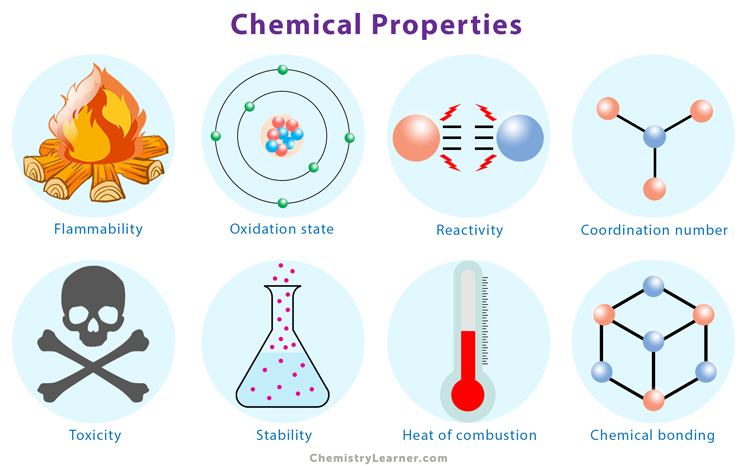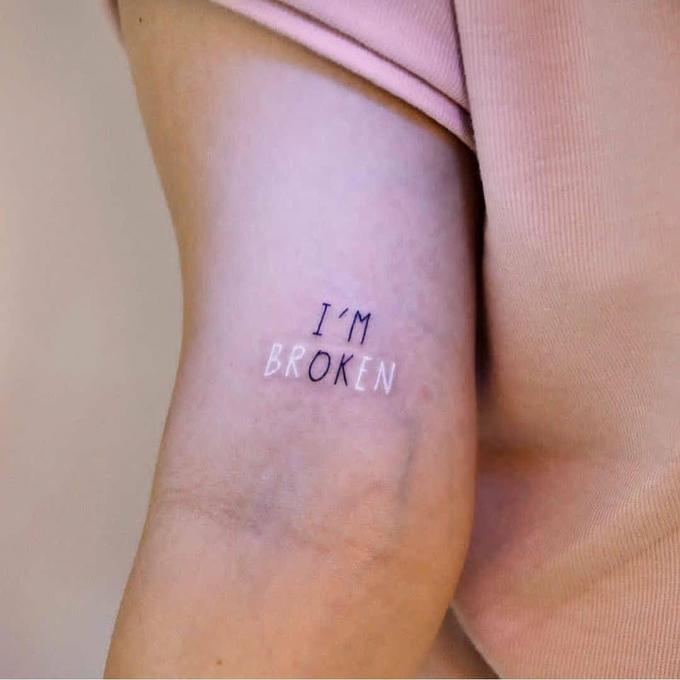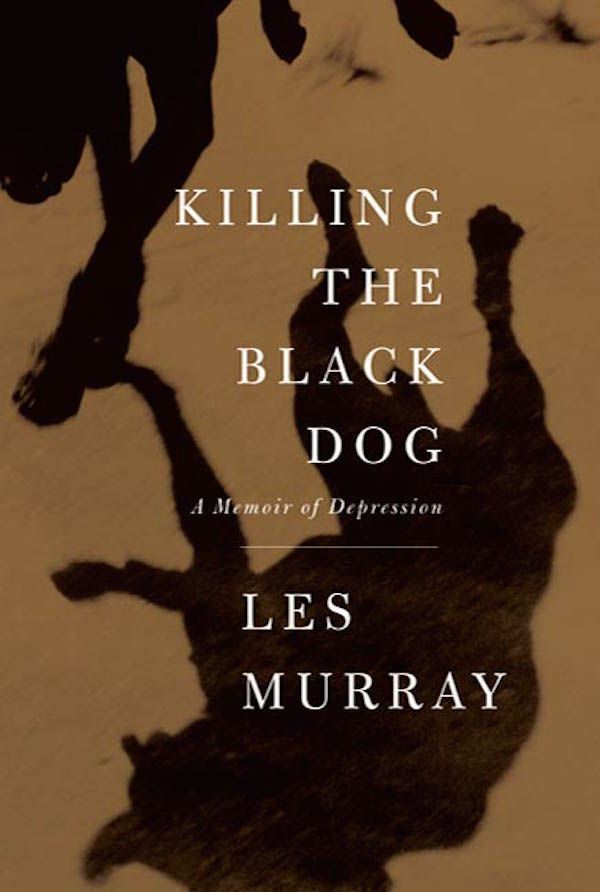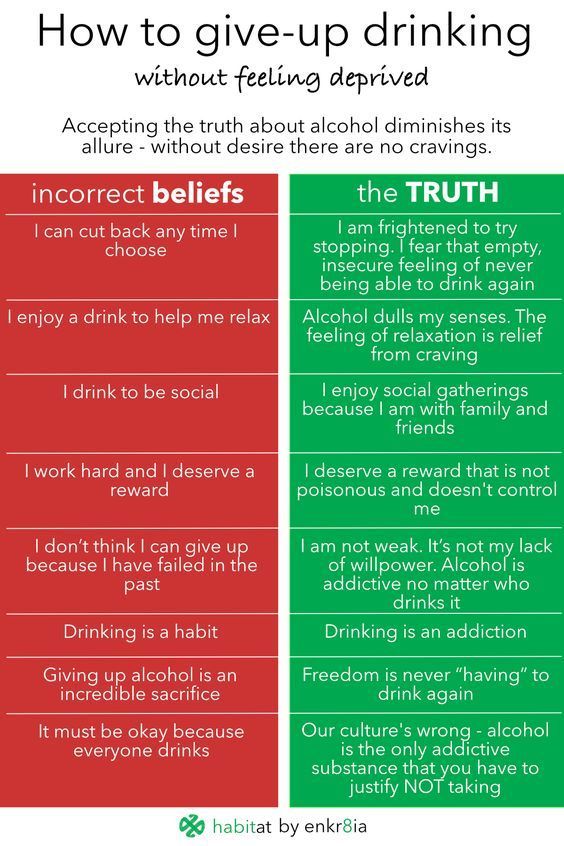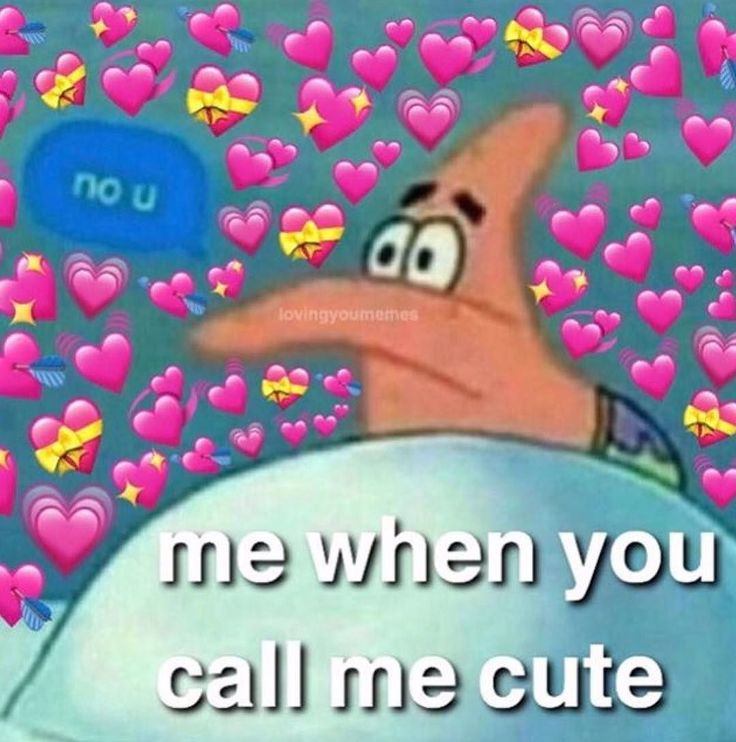How can you make a difference in the world
7 Small Ways to Make a Big Difference in the World
Today, all of us are busy. To-do lists are overflowing. Email goes unanswered. Voicemail goes unchecked. So many of us are exhausted, sleep-deprived, stressed out and working way too much.
This is when kind gestures and deep compassion can get lost. We can get so bogged down with daily responsibilities that we miss the bigger picture, often right in front of our eyes.
But we can make a meaningful difference in this world every day. And we can do so in small ways.
In the new book Be a Good in the World: 365 Days of Good Deeds, Inspired Ideas and Acts of Kindness, Brenda Knight shares a slew of feasible and powerful compassionate suggestions. She features a variety of nonprofit organizations we can donate our money and time to. She includes creative ways we can care for our loved ones, colleagues, strangers and our entire planet.
Here are seven important ideas from Be a Good in the World.
1. Listen to others.
As Knight writes, “We don’t always have to donate time and energy to other parts of the world. Sometimes help is needed much closer to home.” If a loved one is having a hard time, listen to them. Ask someone else how they’re doing or how their day is going, and genuinely, with interest and curiosity, listen to their response.
Listen fully. Don’t try to fix the situation. Don’t judge. Don’t interrupt them as they’re speaking. Just listen to what they have to say. Listening is a powerful act of kindness. In fact, according to Knight, “Listening is an act of love.”
2. Give — with no strings attached.
Write a list of items someone has given you or actions they’ve taken that you’re thankful for. This might be anything from an old sofa to a ride to the airport. Next, list 10 things you’d like to give to someone, without any strings attached. Then see how many of these acts you can cross off in a week. Knight shares such examples as babysitting for a loved one, buying coffee for a friend and volunteering at a soup kitchen.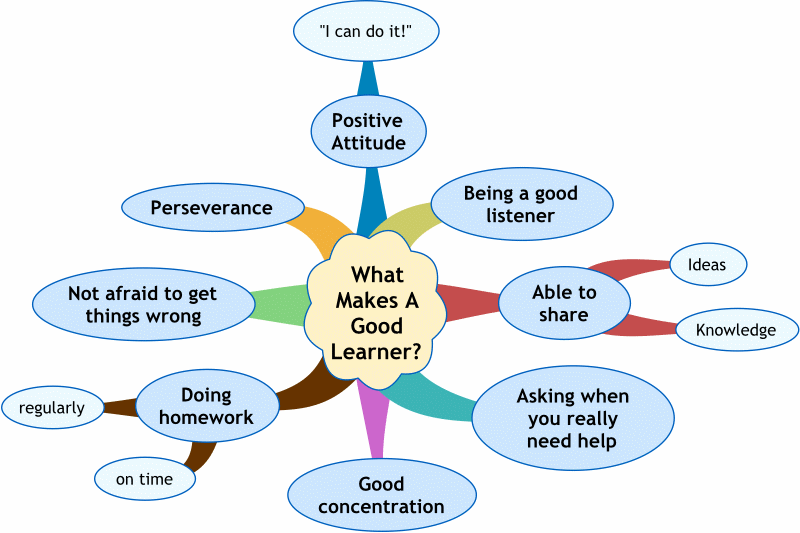
3. Use your skills for good.
If you’re a musician in Philadelphia, Miami, Nashville, New York City or Washington, D.C., you can volunteer to give live, in-room performances to patients who are undergoing treatment or can’t leave their beds. The nonprofit organization is called Musicians on Call. If you’re a painter, paint a mural in your community or create another piece of art to add beauty.
Tutor an elementary school student who reads below grade level for 45 minutes twice a week through Reading Partners. Learn more about opportunities to teach at Teach for America.
Make a list of ways you can use your skills for making a difference.
4. Be a good neighbor.
If your neighbor is elderly or disabled, offer to help them with their yard. Rake their leaves. Mow their lawn. Pick up their paper, and bring it to the door. Bring them soup, dinner or dessert.
5. Volunteer your time or money.
Find a new organization you can help out.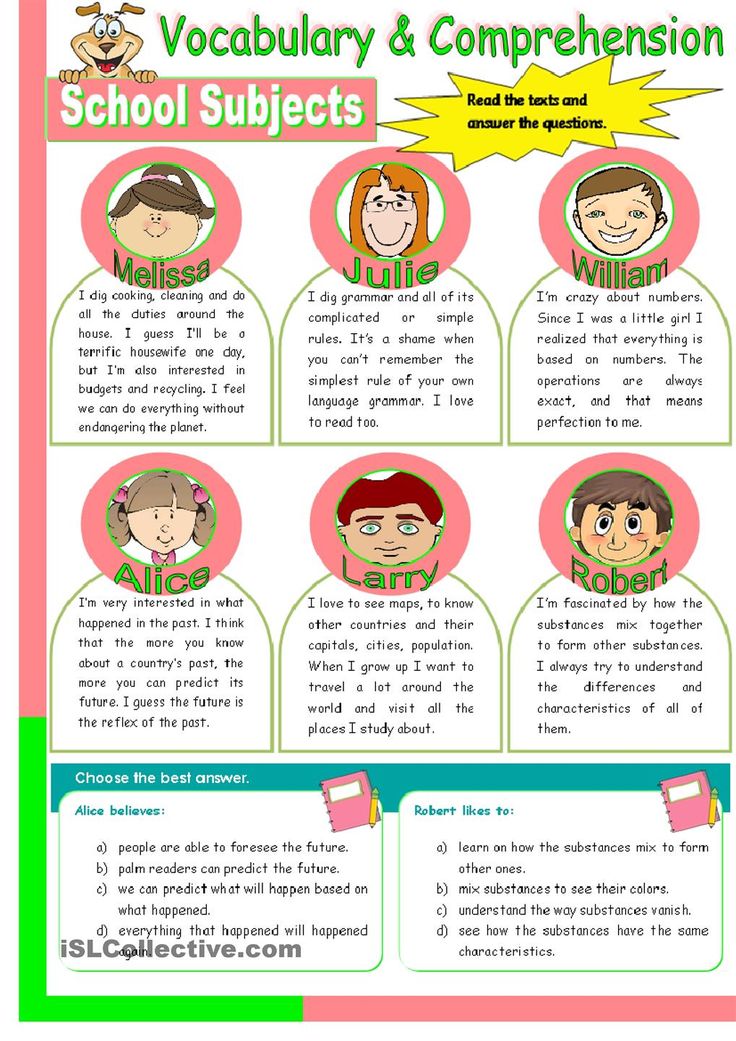 These are just some of the important organizations Knight features in her book:
These are just some of the important organizations Knight features in her book:
- VOICES of September 11th provides information, support services and events for families, rescue workers and survivors.
- Twilight Wish Foundation grants wishes to senior citizens. Volunteers donate items, money or their time.
- Love146 is an international human rights organization working to end child trafficking and exploitation.
- Give An Hour provides free counseling to soldiers returning from Iraq and Afghanistan, and their families.
- Shoes That Fit provides new shoes to kids in need.
- Project Night Night donates “Night Night” packages to homeless children. These canvas totes include a new security blanket, an age-appropriate children’s book and a stuffed animal.
6. Write notes of gratitude.
“Write a note of gratitude to the people in your everyday life who make a difference — the mailman, a grocery clerk, or the greeter at the mall … Just by paying attention to those who can easily go unnoticed (especially if your smartphone is glued to your hand), you can enrich each other’s lives a little each day.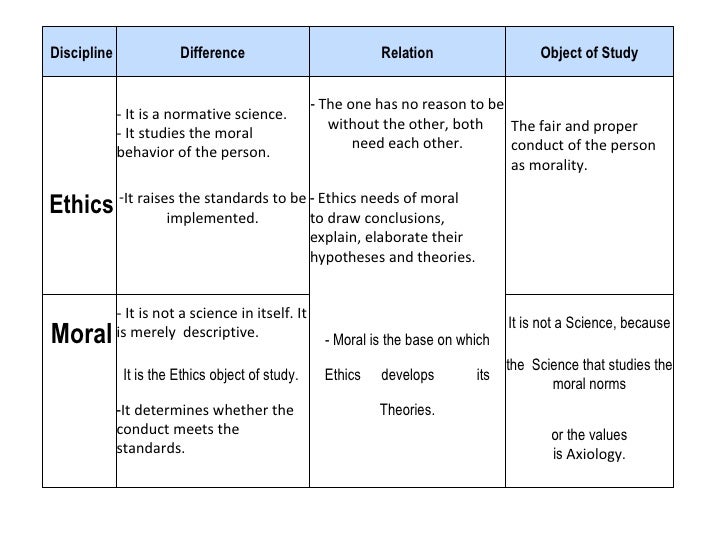 ”
”
7. Don’t forget about common courtesy.
Nice gestures go a long way. A small kindness can always help. We never know the kind of day someone is having; the bad news they just got; the loss they’re struggling with; the health crisis they’re undergoing; the dark thoughts they’re wrestling with. Hold the door for strangers. Say “good morning” and “thank you.” Be generous with compliments and words of appreciation.
It’s hard to think of others when we’re feeling overwhelmed, when our gazes are down, lost in our own worries and task lists. But there are small and simple ways we can give every day.
Start with any of the above ideas. Or come up with your own list of compassionate acts. As Knight writes in Be a Good in the World, look around and simply ask yourself, “‘How can I help someone today?’ In the end, you are also helping yourself just as much.”
25 Ways to Make a Difference in the World Every Day
“The way to gain a good reputation is to endeavor to be what you desire to appear. ” ~Socrates
” ~Socrates
When I started Tiny Buddha, my main goal was to make a positive difference. I think that’s a goal many of us share.
I’ve stumbled upon countless blog and books written by people who say their purpose in life is to help people.
I suspect it’s how most of us infuse our lives with meaning: trying to somehow leave the world a better place than we found it.
I recently read a somewhat old blog post by ex-Microsoft employee Scott Berkun that got me thinking about this collective fascination with making a difference in the world. He wrote:
“We rarely need big things. As soon as someone starts talking about changing the world or radically reinventing something odds are good he’s talking from his ego, not his heart. Unless he’s working on bringing safety to the scared, health to the sick, or opportunity to the poor, the reinvention serves a want (or an ego), not a need.”
He went to explain how on his last day at Microsoft, he gave a lecture and one of his colleagues thanked him for the first time, saying he’d never expressed his admiration before because he assumed it was apparent.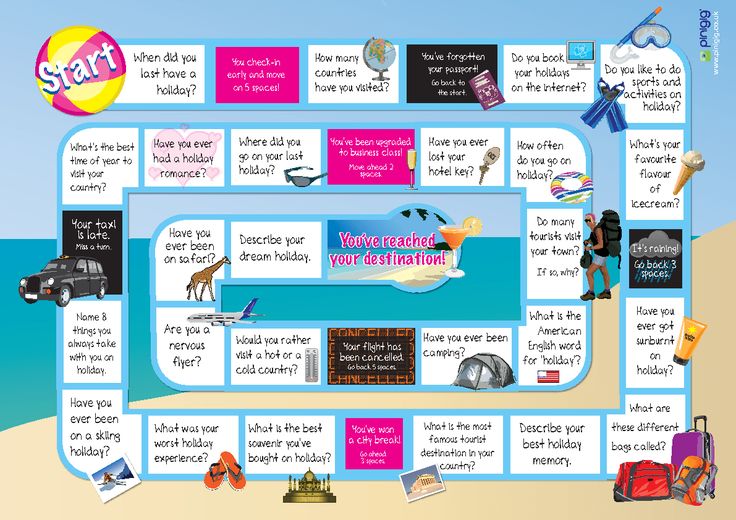 According to Scott:
According to Scott:
“…it takes a better man to acknowledge goodness in others than it does to merely be good oneself. Anyone can criticize or accept praise, but initiating a positive exchange is a hallmark of a difference maker.”
What a beautiful idea. I couldn’t agree more.
Still, I don’t know if it’s possible to completely relinquish the ego, and I also don’t know if that’s a bad thing. I suspect some of the people who invented or reinvented “big things” to bring safety to the scared, health to the sick, or opportunity to the poor were, at least on some level, driven by the desire to be remembered for making a difference.
It’s human nature to want to create some type of legacy—to not just do good things but also be known for them. There’s no need to vilify that type of desire when you consider it’s primal in all of us.
So much is uncertain in life, particularly what happens after we die. We can’t understand or control where we’re going, but we can influence what we leave behind. Why feel guilty for natural human instincts when those same instincts contribute to a lot of the good in the world?
Why feel guilty for natural human instincts when those same instincts contribute to a lot of the good in the world?
That being said, we can simultaneously make major contributions to society—both to help other people and feel good about our choices—while making a difference in our everyday lives. We can do things both large and small, for others and ourselves, every day if we choose to.
With that in mind, I recently asked on the Tiny Buddha Facebook page. Some of my favorite responses include:
1. Wake up. ~Karen Maezen Miller
2. Make a difference in yourself, for the better. Such an inward difference always has rippling outward benefits. ~Hansoul Kim
3. Remember there are three poisons: greed, anger, and ignorance. Do not deny their existence but turn them around and you have generosity, compassion, and wisdom. ~Clifton Bradley
4. Make it a habit to respect everyone.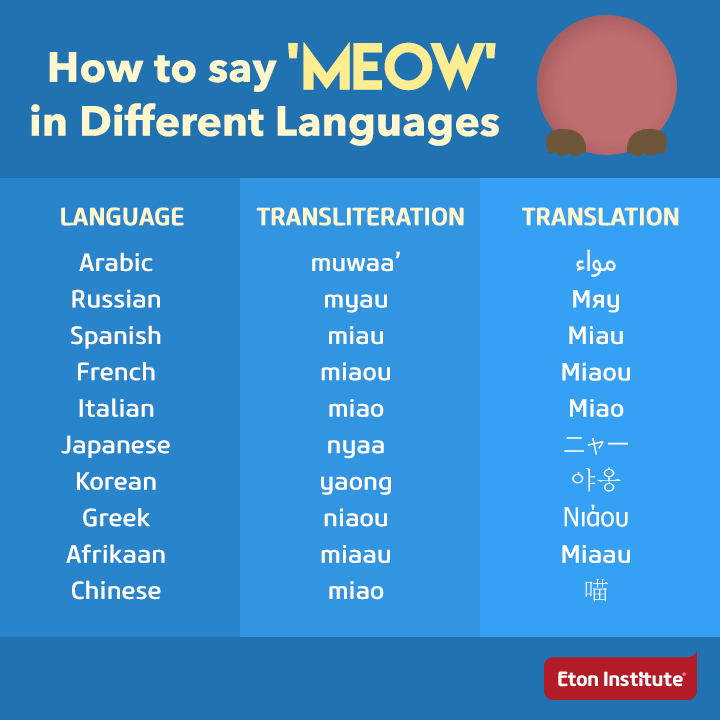 ~Margarita Medina
~Margarita Medina
5. Consider the people you see each day. Sometimes I get wrapped up in things I am working on— fundraisers etc. But the coworker, family member, pet right next to you are the people you can truly reach and touch. ~Amy E. Moore
6. Operate from a place of love. ~ Erika Gonzalez
7. Be kind to others. In this busy world people become self consumed and forget that kindness goes a long way. ~ Ana Stuckart
8. Acknowledge the light within myself and in others. Not always easy to do but feels so powerful when I am able to do so. ~Maria Thieme
9. Talk to someone that you think might be in distress. You may make the difference of a lifetime. ~Alexander De Raadt St.James
10. Simply show up. Just put your soul into it. If you show up physically with the soles of your feet, the heart, mind, and soul will have a chance to follow or catch up.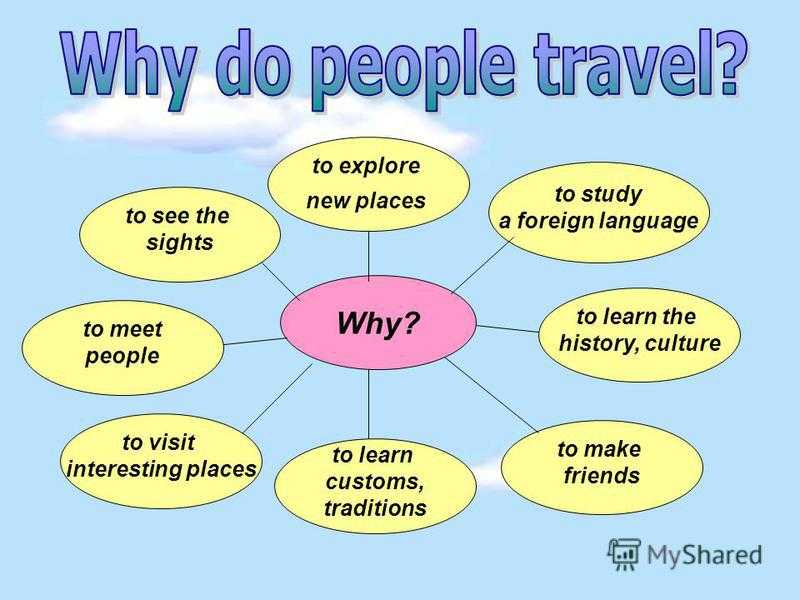 You may not want to be there in the beginning, but showing up allows a committed chance at making a difference everyday for the people you love, the people you will meet, and the eventual person you will become. Show up. ~Holli Grant
You may not want to be there in the beginning, but showing up allows a committed chance at making a difference everyday for the people you love, the people you will meet, and the eventual person you will become. Show up. ~Holli Grant
11. Smile. ~Seret Rafferty
12. Be more involved in the world. You can’t be spectator forever. ~Christina Breeden
13. Be the change you wish to see in the world! ~April Spears paraphrasing Gandhi
14. Be gentle and practice sympathetic joy. ~Susan Cross
15. Start really listening to the people around you. Your family for example. People crave for attention. People feel loved when given attention.. Give love. And listening is an act of love. ~Leoni Erica Tayamen
16. Listen. Give. Do. ~Phyllis Fenander
17. Teach your kids by example; be caring, open minded, have good manners and remember to smile. ~Paivi McKittrick
~Paivi McKittrick
18. Look into your child’s eyes. Stop what you are doing, sit down, and just look into them. Do that every day and you will change the world. ~Noel Cocca
19. Be a true you…positive energy attracts. ~Jane George
20. Love. ~Stephen Kreins
21. I quote the great Horatio Lee Jenkins: “Don’t worry—everything is going to be awesome!” ~Carl Dangers
22. Find someone that needs a smile and give them that smile, once a day for the rest of your life, and like a ripple in a pond it will be carried onwards. ~SoulLife Searcher
23. Speak without saying a word. A lot can be said without words. ~Ralph Rocha
24. Learn to be aware of all the wonder we have around us, let the past be in the past and not part of the future.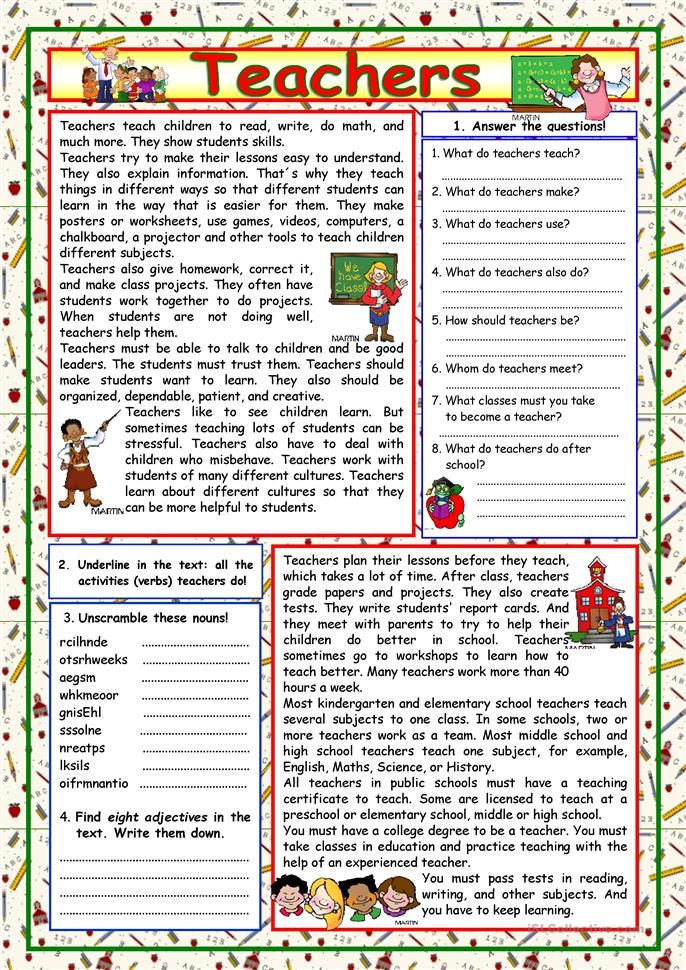 Choose life every day, be grateful for whatever you have, and most important share, share, share—spread as much love as you can. ~Lula Insfran
Choose life every day, be grateful for whatever you have, and most important share, share, share—spread as much love as you can. ~Lula Insfran
25. Hakuna mattata, one love, pay it forward. ~Kerin Colby
How are you making a difference in the world?
Photo by Tony the Misfit
About Lori Deschene
Lori Deschene is the founder of Tiny Buddha. She’s also the author of Tiny Buddha’s Gratitude Journal, Tiny Buddha's Worry Journal, and Tiny Buddha's Inner Strength Journal and co-founder of Recreate Your Life Story, an online course that helps you let go of the past and live a life you love. For daily wisdom, join the Tiny Buddha list here. You can also follow Tiny Buddha on Facebook, Twitter, and Instagram.
See a typo or inaccuracy? Please contact us so we can fix it!
Read online “You can change the world. How 57 teenagers fought for their ideals - and won, Margaret Rook - LitRes
In memory of my father Stan, who thought this book was a great idea; about Aunt Liz, who would love her; and about my friend Jane, the teenage hero of her time
“When we take action, there is hope.
Instead of looking for it, start taking action. And hope will come.
GRETA THUNBERGNo part of this book may be reproduced in any form without written permission from the copyright holders.
Copyright © [Margaret Rooke, 2019]
This translation of 'You Can Change the World!' is published by arrangement with Jessica Kingsley Publishers Ltd via Alexander Korzhenevski Agency (Russia) www.jkp.com
language, Russian edition, design © Mann, Ivanov & Ferber LLC, 2021
⁂
Foreword by Taylor Richardson
TAYLOR RICHARDSON
15 YEARS FLORIDA, USA
ACTIVIST, SPEAKER, PHILANTHROP AND FUTURE ASTRONAUT
MODERN TEENAGERS are sure: wisdom does not age. We no longer need to ask our parents' permission or wait for the age of majority to show that our opinion matters. We are ready to defend our positions, make loud statements and influence the world as we see fit.
nine0004
The good thing about this book is that teenagers show us all new possibilities with their stories. In adolescence, we believe in what we see, not in rules. The more we are told about positive examples in the world, the more teenagers follow them. When I see how young people change the world and expose the shortcomings of society, it gives me the strength to do the same.
We are among teenagers b o most of our waking hours, so after a certain age we are influenced by friends and classmates, not by parents. Between lessons, extracurricular activities, hobbies and social networks, a teenager communicates with their peers for more than 50 hours a week. The Internet and social networks help to find people with similar interests, regardless of our location. This mobilizes us more than past generations. nine0004
My peers are the next generation of adults who will take responsibility for the world. The sooner we start speaking our truth, the more experience we will have.
I am very quiet and reserved - and many are surprised to hear this: I have done a lot of interviews with leading news organizations and spoke at international conferences. I still get nervous before performances, but with experience I realized that the world will not collapse if I suddenly misspoke.
We are teenagers and no one expects perfection from us. We have time to make mistakes, correct them, and build the life we want to live. That's why this is a great time to fight for the changes you want. nine0004
Teenage years are difficult for all of us. I was bullied because of the color of my skin and I was in pain. But the sooner you learn to accept yourself, your appearance, your voice and your orientation, the calmer you will become inside. A friend once reminded me that we control our self-esteem because it depends on how we feel about ourselves, and not on what others think.
I was kept for my second year in second grade [1] to learn how to read before moving on to the next grade.
Despite this, I never considered myself a failure. People around me made it clear that one mistake does not define me. Mom promised that she would buy more books and start reading them with me before bed, which she did. My further actions can say a lot more about me than what I failed at seven years old. nine0004
Mom's help with reading was a wonderful proof that the faith and support of another person is all that you lack for self-confidence. Perhaps that's why I stand for ADHD [2] as Happy Girl and All Mighty Heroine. I made the decision to love myself because I was born that way. No person with Attention Deficit Hyperactivity Disorder should feel ashamed of themselves. We should understand how to help ourselves at school during a test or with homework and ask for help. If we don't do this, we can hurt ourselves. nine0004
It turned out that many of my failures turned into my biggest successes. Childhood reading difficulties helped me organize not only a successful book fundraising campaign, but also a reading program for underprivileged children called Taylor Takes Off! For my services, I received the Florida Governor's Award.
Then I was invited to the White House for a private screening of Hidden Figures, a film about African-American women who worked for NASA. First Lady Michelle Obama was there.
This movie screening and the lack of gender or national diversity that caught my eye when I visited Space Camp inspired me to promote STEM education [3] . It is important that no one is afraid to try themselves in these areas because of the “wrong” skin color or gender.
I created a fundraiser that raised $20,000 to screen Hidden Figures for teenagers. My example was followed by 72 cities in 28 countries - there they arranged a free screening for young people. This proves that good intentions and hard work can lead to great results.
My main goal is to become an astronaut. When I was younger, I lay on the street and looked at the night sky. Space and stars fascinated me. I imagined that there is outside the universe. Now I think this: stop just dreaming, start acting! Whether you want to dedicate yourself to STEM education, the arts, or something else, don't let the opinions of others limit your ambitions.
This book is filled with inspiring stories of teenagers who stop at nothing to achieve their goals or help those around them. nine0004
Dedicated to all teenagers: only the sky is our limit!
TAYLOR RICHARDSON
(STAR BRIGHT ASTRONAUT)
@ASTROSTARBRIGHT
@ASTRONAUTSTARBRIGHT
Foreword by Kathy Hodgetts
CATHY HODGETTS
23 BRISTOL, UK
PARTICIPANT OF THE BRITISH YOUTH CLIMATE CAMPAIGN, AUTHOR OF THE ECOLOGIST MAGAZINE, ORGANIZER OF THE BRISTOL YOUTH CLIMATE PROTEST ACTION, FINALIST OF THE YOUTH 2018 AWARD
TEENAGERS AND YOUNG PEOPLE are today called the “snowflake generation”. They wanted to insult us with this - as if we were weak and easy to offend, but this name seems to me positive and powerful. Each snowflake is individual; they are unique, complex and amazing: when combined, they turn into a destructive avalanche.
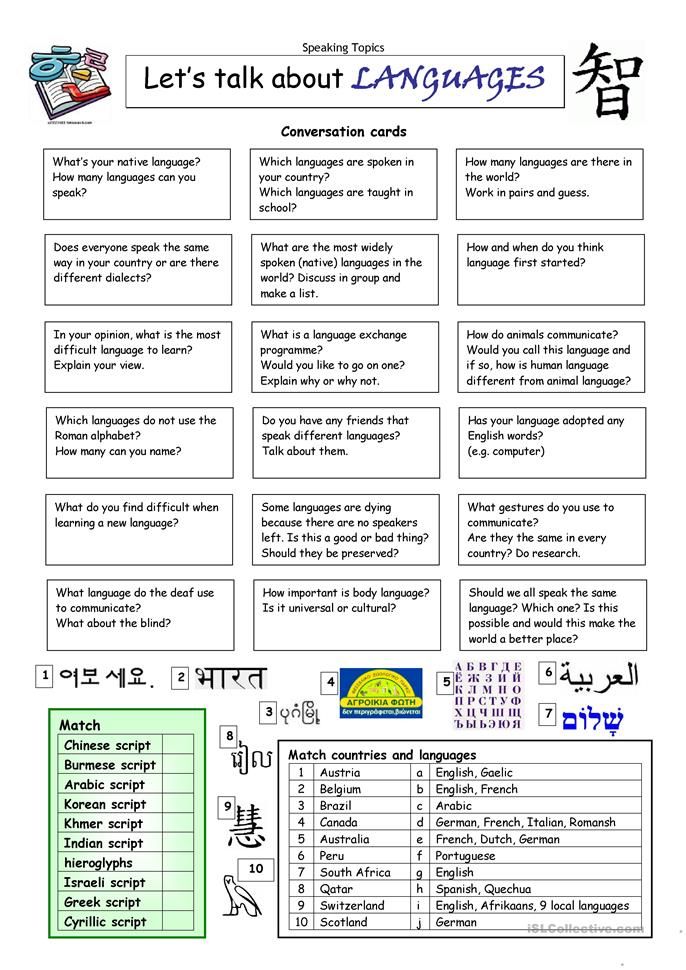
Teenagers have the opportunity to change the world globally. This does not mean that they are always standing on the street and yelling about their principles. Change, empowerment, and inspiration begin in a variety of settings: from coffee shop conversations, blog and social media posts, and just acts of kindness in this dark world. Every day, young people choose to care for their environment, and all of this can be part of the change we dream of. nine0004
The characters in this book make choices in their own way. Each of them inspires and shows the direction to a better life.
It is not always easy to follow this path. When I was a teenager, I felt the need to fit in, and the fear of judgment kept me from activism. Only years later did I realize that I was not alone - when I joined the British Youth Climate Coalition and realized how strong we are when united by a common goal. It changed my life.
I felt by my own example how the “photoshopped” world of social networks can reconcile you with the surrounding reality.
It breaks away from real life, making you appreciate the number of likes, and not the individual traits that make you you. We spend long hours on our image in social networks and do not see the world right in front of our noses. It will take courage to be able to go beyond these limits, but you will see from the example of the heroes of this book: it is the step beyond the bubble that makes a person great. nine0004
It takes courage not to be ashamed of your personality to work, live and do things that improve you and the world around you. And I see that this is what young people are doing.
Growing up, I was infuriated by the injustice that reigned everywhere, from school bullying to extreme poverty. I tried desperately to do something, but I felt powerless. I didn’t even have the right to vote in elections, so it was easier to maintain friendships, plan a normal career and do nothing. nine0004
We all need a kick to action. After school, I headed to a remote area of Morocco to teach English.
I witnessed hopeless poverty and at the same time rich happiness - and it made me think about inequality and about the goals that we strive for in the modern world.
While studying at the university, I went to Tanzania and climbed Mount Kilimanjaro as part of a charity event of the Hope for Children Foundation. I fell in love with nature, but I realized how much damage we are doing to her, the inhabitants of the "Global South" [4] and the world around them through their consumption behavior by extracting fossil fuels and minerals.
That's why I took part in the campaign against climate change. Many people think the fight for climate is about saving polar bears or the rainforests, but it's actually a deeply political fight for justice. We, the inhabitants of the "Global North", live in abundance at the expense of the inhabitants of the South. They are the ones who will be hit by climate change, famine, drought and extreme weather. I feel compelled to destroy the system where oil and energy tycoons profit at the expense of the less privileged.
nine0004
That's why I joined the British Youth Climate Coalition. It gave me strength to stand shoulder to shoulder with inspiring teenagers and youth. Since then, I have participated in the three-day occupation of the drilling site, teaming up with other groups, protesting outside parliament, speaking at rallies and festivals, attending conferences, and even being a finalist for the 2018 Youth Awards. Everything is possible.
I was nominated for a competition by my amazing team for implementing a range of physical and mental health initiatives after seeing youth facing burnout. Mental stress is a real risk, especially if you are dealing with global problems, and taking care of yourself is the first thing to do when you are making changes around you. nine0004
I then helped organize the 4th Bristol Youth Climate Strike. I was moved to tears by the sight of teenagers defending their principles. The ripple effect this strike has had on many countries fills me with hope and optimism.
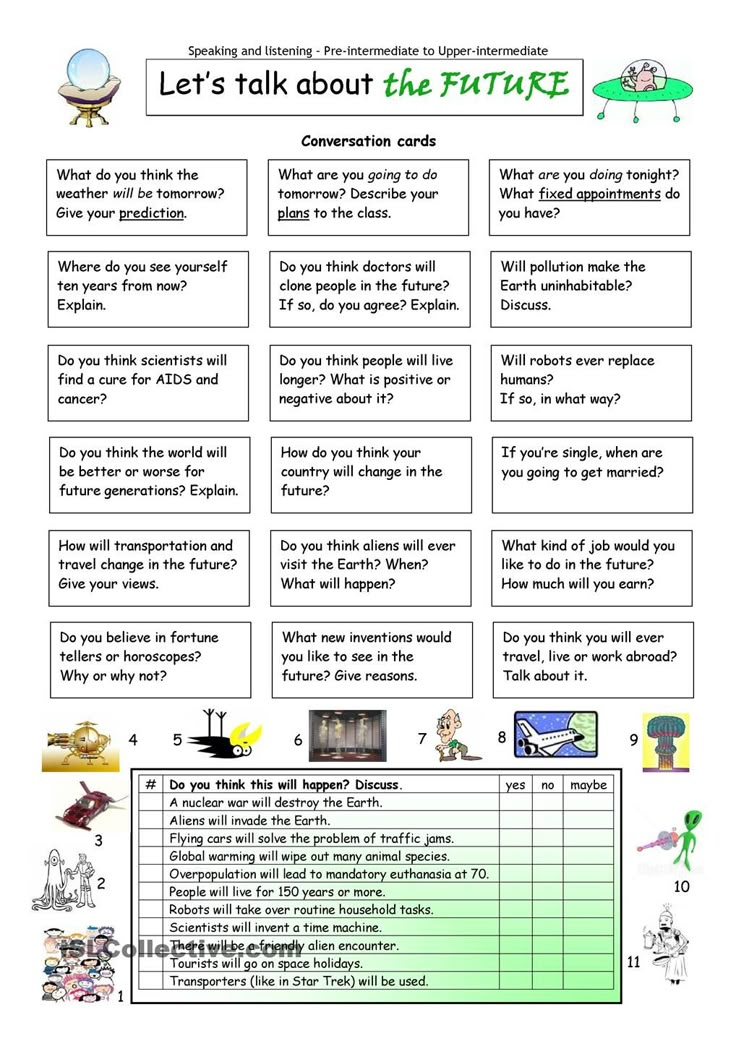
Tip: If you're reading this, remember that change doesn't happen all at once. My journey has been long. My friends even said: “Why do you always spoil our mood? Can't we talk about parties or guys?" And I began to pour out my frustration on paper. In the end, I showed what I wrote to the Ecologist magazine, and they liked it! My column appeared in the magazine. The pen is definitely stronger than the sword. If you're going to make a difference, I encourage you to write, speak, make videos, unite, protest, march, because inspiration comes in all shapes and sizes. nine0004
Worldly wisdom says that with age we become more mature and wiser, but I believe that true wisdom lies in youth! Perhaps cynicism is a companion of growing up, which is why I came across so many people who thought I was a naive and stupid little girl when I declared that I wanted to change the world. With age, it is easier to believe that the power is in the upper strata of the population, so you stop believing in miracles.
When you are young, you are optimistic; you perceive the world as a blank canvas. And it seems to you that you have a supply of colors and you can paint this world in any way. I like the magical spark in youth - it fascinates. But I believe adults can keep that spark alive or rekindle it. nine0004
It is important that adults stop underestimating young people. Support us, don't look down on us. Look at Greta Thunberg. She is a wonderful example of how a teenager can spark democratic change and get people to listen. She's our climate Beyoncé!
It's not teenagers who start wars or create chaos around us. Let's put our trust in teenagers like the characters in this book to inspire them to powerful and great achievements.
KATHY HODGETTS
(KT CLIMATE)
@KTCLIMATE
@BODHA
@UKYCC
BRITISH YOUTH CLIMATE COALITION
Introduction
IF YOU ARE A TEENAGER and life seems hard to you, this book is for you.
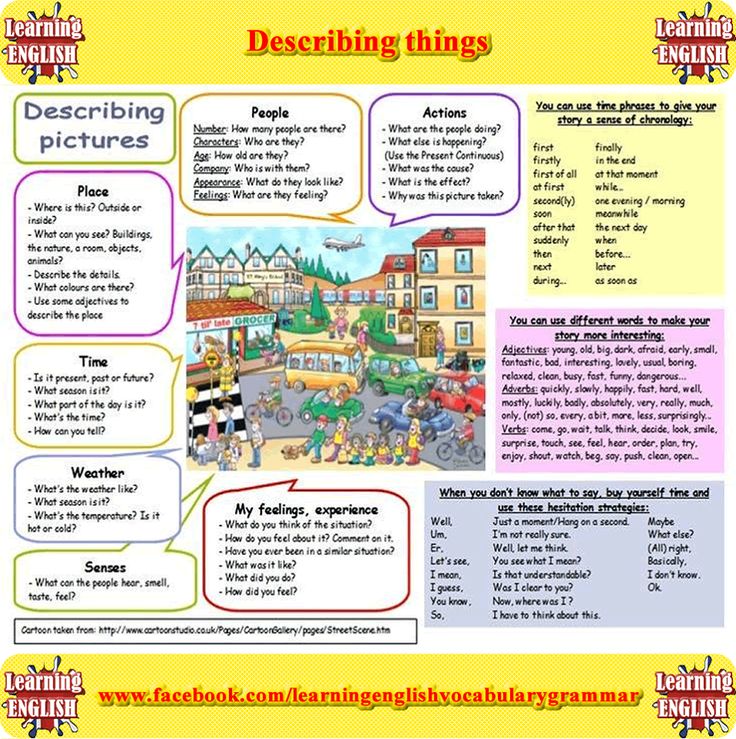
Here you will find more than 50 interviews with [5] teenagers who shared their stories to prove that it is possible to change your own life - and at the same time the views of other people. nine0004
Some started by transforming local communities or solving national problems; others have helped people gain confidence in themselves or have themselves undergone dramatic inner changes.
TV, newspapers and the Internet show us teenagers rioting and rioting. But in this book, 17-year-old Amarni from London asks for a new light on the positive contributions that young people are making. He believes that it will be great if the news starts saying not only “This man died and this one was killed”, but also “This guy recorded a track that went viral”. nine0004
I saw a meme the other day with a similar message: "MTV needs to shut down shows like 'Pregnant at 16' and replace them with something like 'Graduated at 18, hit at 21'" [6] .
Recently, the Royal Society of Arts conducted a survey [7] : adults were asked to choose from a list of definitions the qualities that characterize teenagers.
And most often they chose the words "selfish", "lazy" and "asocial". The same study showed that 84% of young people want to help their neighbor, and 68% are active citizens and volunteers. nine0004
This is what our book is about! Here you will find stories about teenage heroes who, by their actions, do not get into the news feeds, but destroy stereotypes and change the world for the better.
This book was conceived as a tool to help teenagers get through hard times, but it has become a read for anyone looking for inspiration. Even in the stories of those teenagers who endured suffering (which is very difficult to read), strength and resilience are felt.
Whether you read the book cover to cover or just skim through, find the story that is most important to you
will hook you, and you will see: these teenagers managed to make something great out of hard, painful, or even wrong. We are all capable of doing this, each in our own way. If you don't believe me, just turn the page.
..
If you feel like writing to one of the heroes, you can use [email protected] to get in touch. Margaret Rooke is on Twitter @MargsRooke.
1. Demanding change
Trisha, 18, Illinois, USA
"I've developed an app that allows teenagers to stop, reread what they've written and think again before posting anything online."
TRICHA
18 YEARS,
IL, USA
ONE TIME, WHEN I WAS 13, I COME HOME FROM SCHOOL AND READ ON THE INTERNET THE STORY OF A GIRL NAMED REBECCA.
She feuded with other girls at school who constantly bullied her online. They engaged in cyberbullying, and bullying led to the fact that Rebecca moved to another school. nine0004
But the bullying continued.
Rebecca couldn't take it anymore. She committed suicide.
I was shocked when I read this story. How could this happen to a girl younger than me? We have lost an innocent child who may have had great potential.
The mother lost her daughter. For what?
We live in a digital age, and social networks have become the main communication channel for teenagers. I began to think about what could have stopped the cyberbullying and prevented the tragedy. And I decided that I did not want to remain an outside observer. I want to act and prevent this from happening again. nine0004
I started studying cyberbullying. In some social networks, cyberbullying has been "treated" with a method that I call "Stop. Block. Tell". If a teenager is being bullied on the Web, the site administration calls for "stop", "block" the offender and "tell" the parent or adult. But everything is not so simple. Ninety percent of those who have been cyberbullied remain silent about what happened. They suffer alone. I wondered why we put the responsibility on the victim? And why do we want to solve the problem only after everything has already happened? Why are we not doing anything to prevent bullying? nine0004
The main question stuck in my head: “What makes teenagers write angry and hurtful messages on the Web?” I knew for myself: not all teenagers are mean and bad people.
I understood that I had to understand the peculiarities of their thinking and find the reason for such behavior.
I stumbled upon a scientific study comparing adolescent thinking to a car with no brakes. From there, I learned that the part that is responsible for making good and bad decisions is located in the front of the brain. It is called the prefrontal cortex and does not fully develop until after age 20. And the brain of a teenager is not yet fully formed, which is why the behavior of teenagers is impulsive. Under the influence of the moment, a teenager may not calculate the consequences of his actions. nine0004
I was wondering why social networks don't try to explain their own actions to teenagers to help them realize the seriousness of their posts and comments. And then I realized: perhaps here lies an effective solution to the problem.
Armed with this research, I developed the ReThink app to help teens stop and think before writing. Over the next few months, I checked out the app at the local library to see how it worked.
To measure its effectiveness, I used two programs - with and without ReThink alerts enabled. If someone wrote a message like "You're ugly, kill yourself," a warning would pop up on their screen: "Are you sure you want to post this? Such a message will greatly hurt a person” or “Do you really think so? Maybe you should think a little before sending this message? This made it possible to revise what was written. And I found out: when a teenager stops, thinks and rethinks what was written, in 93% of the time, he won't post an offensive comment. Action stopped before damage was dealt.
I have always believed that the most complex problems require simple actions. When I started high school, I knew something needed to be done to ensure that every teenager had my app in their hands. The teacher offered to talk about him at the international science fair for teenagers. I was shortlisted for the 2014 Google Science Showcase - my only project based on behavioral science. nine0004
This contest took me to the global stage and provided a platform to speak up about the issue, promote ReThink and stop cyberbullying.
I had the opportunity to travel the world: I spoke at TED conferences in London, New York and India. I was even invited to the White House, where I received an award for my services from President Obama.
I have spoken to thousands of teenagers on my travels. They talked about the huge emotional role communication in social networks and with the help of gadgets plays in their lives. The conclusion was clear: what was said online matters. nine0004
ReThink has been seen by over 5 million students and is available in several international languages. My idea has spread to 134 countries through the Connect America service.
The best part of being a teenager is believing in yourself and your invincibility. When I was a child, my mother told me almost every night that nothing was impossible for me. She said that life is an empty chapter that I need to write to make my mark. I could screw up, but I had nothing to lose. nine0004
All teenagers are passionate about something: music, art, science, law, politics, friends, communication, family.
Each of them has enough potential to achieve meaningful things. I truly believe that by focusing our passion on something unique, we can make the world a better place. I do not consider myself a genius, I do not have outstanding mental abilities, but I am determined to leave the world behind me better than it was before.
In order to fulfill my dream, I spent time solving a problem that excites me: I wanted to equip girls and women with 21st century technology and teach them to code so that they can realize their ideas. In addition to programming, through Girls Who Code and Commit 2 Change, I teach women to be brave and help them achieve what they want, even when they have to make mistakes. nine0004
What I want to say to every teenager is: believe in yourself. It's easy to beat yourself up. Instead, address your strengths. You have a passion, you have a dream - follow it and ignore the naysayers. Become a person who will always support you - become yourself.
TRICIA
“YOU HAVE A PASSION, YOU HAVE A DREAM – FOLLOW IT.
BECOME A PERSON WHO WILL ALWAYS SUPPORT YOU - BECOME YOURSELF.
@RETHINKWORDS
@TRISHPRABHU
Read the book “You can change the world. How 57 teenagers fought for their ideals - and won" online in full📖 - Margaret Rooke - MyBook.
Margaret hands
You can change the world
as 57 teenagers fought for their ideals - and won
Moscow
“Mann, Ivanov and Ferber”
2021Information
from the publishing house 9000 Change the World: Everyday Teen Heroes Making a Difference EverywherePublished with the permission of Jessica Kingsley Publishers
First published in Russian
Translated from English by Irina Pozina
Texts about Russian heroes by Polina Mokhova
Rook, Margaret
You can change the world. How 57 teenagers fought for their ideals - and won / Margaret Rook; per. from English I. Pozina. - M.: Mann, Ivanov and Ferber, 2021.

ISBN 978-5-00169-205-8
This book contains the stories of 57 teenagers from around the world who did not want to put up with injustice and were able to achieve serious changes in society despite his young age. The book is intended for persons over 18 years of age. nine0004
All rights reserved.
No part of this book may be reproduced in any form without written permission from the copyright holders.
Copyright © [Margaret Rooke, 2019]
This translation of 'You Can Change the World!' is published by arrangement with Jessica Kingsley Publishers Ltd via Alexander Korzhenevski Agency (Russia) www.jkp.com
language, Russian edition, design © Mann, Ivanov & Ferber LLC, 2021
Content
Preface from Taylor Richardson
The preface from Katie Khoratts
Introduction
1. Requireing changes
Trisha, Illinois, USA
Lucy, 17 years old, 17 years old, 17 years old, 17 years old, 17 years old, 17 years old, 17 years
Parry, 21, Devon, England
Amica, 18, London, England
Ferlin, 18, Cape Town, South Africa
Hampton, 23, New York, USA
, Moscow, 16 , Russia
2.
Never give up
Alex, 18, Calgary, Canada
Hector, 19, Valladolid, Spain
Yamikani, 18, Lilongwe, Malawi
Cameron, 1704
England, Harrogate , 19, London, England
3. Finding a Voice
Josie, 16, California, USA
Zainab, 17, Nelson, England
Hannah, 19, Preston, England
Hera, 20, Colorado, USA
Wendy, 18, California, USA
Maya, age 19, Damascus, Syria; Birmingham, England
Nastya, 20, St. Petersburg, Russia
4. Challenging the opinions of others
Jonathan, 22, Helsinki, Finland
Liam, 17, Varuna, Australia
Reuben, 18 , England
Imani, 18, Los Angeles, USA
Guro, 13, Bergen, Norway
Gavin, 18, Ohio, USA
Matilda, 13, Washington, USA
Niamh, Liverpool England
Hanna, 17, Arlington, USA
Molly, 20, Dover, England
5.
Discovering her passions
Betty, 13, Utrecht, Netherlands
Billy, 18, Los Angeles, USA
Natalia, 17, Arlington, USA
Tolly Dolly Posh, 18, Gloucestershire, England
Anahit, 16, Kapan, Armenia 14 years old, Huddersfield, England
Polina, 16 years old, St. Petersburg, Russia
6. Changing my life
Jennifer, 21, Mangochi, Malawi
Amarni, 17, London, England
Happy D, 19, Glasgow, Scotland
Mohammed, 18, London, England 9003 Corey, 14, Merthyr Tydfil, Wales
Nina, 22, Sheffield, England
Kayden, 19, Glasgow, Scotland
Ben, 23, London, England
7. Helping others
Will, 15, London, England
Martin, 16, Glasgow, Scotland
Maya, 13, London, England
Mariam and Hadika, 17, Nelson, England
Adam, 15, Clondalkin, Ireland
Jacques, 14, Merthyr Tydfil, Wales
Lily , London, England
Tian, 14, London, England
Evelyn, London, England
Dillon, 18, California, USA
Denis, 22, Nalchik, Russia
Nune, 19, St.
Petersburg, Russia
8. Well, what do you say?
9. Your toolbox
In memory of my father, Stan, who thought this book was a great idea; about Aunt Liz, who would love her; and of my friend Jane, the teenage hero of her time
“When we take action, there is hope. Instead of looking for it, start taking action. And hope will come."
Greta Tunberg
Ecological activist
@gretathunberg
Preface
,0000004MODERN TEENAGERS are sure: wisdom is not age. We no longer need to ask our parents' permission or wait for the age of majority to show that our opinion matters. We are ready to defend our positions, make loud statements and influence the world in any way we see fit.
The good thing about this book is that teenagers show us all new possibilities with their stories. In adolescence, we believe in what we see, not in rules. The more often we are told about positive examples in the world, the more teenagers follow them.
When I see how young people change the world and expose the shortcomings of society, it gives me the strength to do the same. nine0004
We are teenagers b o most of our waking hours, so after a certain age we are influenced by friends and classmates, not by parents. Between lessons, extracurricular activities, hobbies and social networks, a teenager communicates with his peers for more than 50 hours a week. The Internet and social networks help to find people with similar interests, regardless of our location. This mobilizes us more than past generations.
My peers are the next generation of adults who will take responsibility for the world. The sooner we start speaking our truth, the more experience we will have. I am very quiet and reserved - and many are surprised to hear this: I have done a lot of interviews with leading news organizations and spoke at international conferences. I still get nervous before performances, but with experience, I realized that the world will not collapse if I suddenly misspoke.
nine0004
We are teenagers and no one expects perfection from us. We have time to make mistakes, correct them, and build the life we want to live. That's why this is a great time to fight for the changes you want.
Teenage years are difficult for all of us. I was bullied because of the color of my skin, and I was in pain. But the sooner you learn to accept yourself, your appearance, your voice and your orientation, the calmer you will become from the inside. A friend once reminded me that we control our self-esteem because it depends on how we feel about ourselves, and not on what others think. nine0004
I was kept for my second year in second grade1 to learn how to read before moving on to the next grade. Despite this, I never considered myself a failure. People around me made it clear that one mistake does not define me. Mom promised that she would buy more books and start reading them with me before bed, and so she did. My further actions can say much more about me than what I did not succeed at the age of seven.
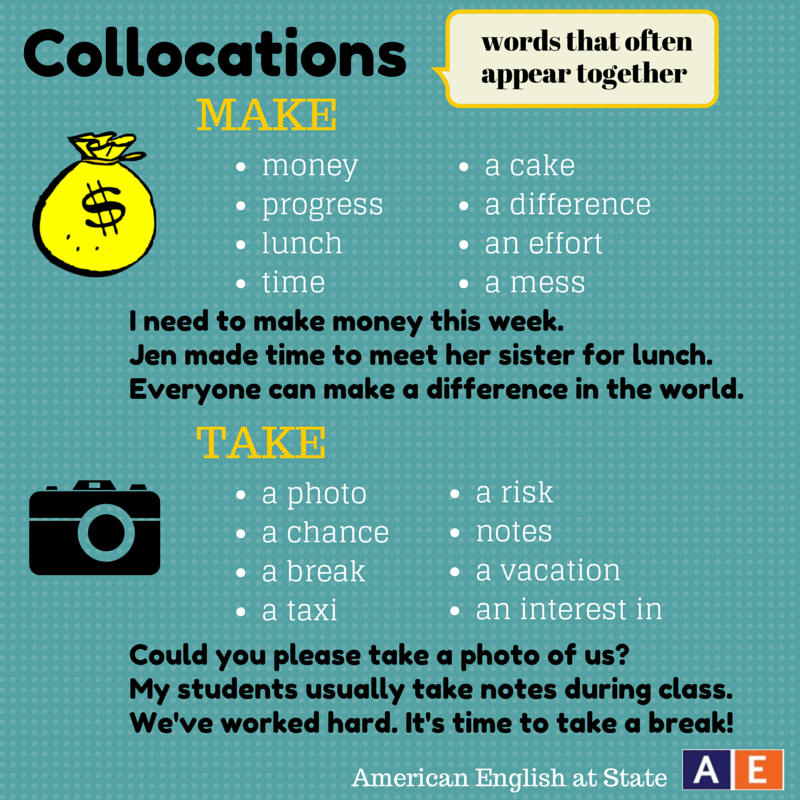
Mom's help with reading was a wonderful proof: the faith and support of another person is all that you lack for self-confidence. Perhaps that's why I stand for ADHD2 as Happy Girl and All Mighty Heroine. I made a decision to love myself, because I was born that way. No person with Attention Deficit Hyperactivity Disorder should be ashamed of themselves. We need to figure out how to help ourselves at school during a test or with homework and ask for help. If we don't do this, we can hurt ourselves. nine0004
It turned out that many of my failures turned into my biggest successes. Childhood reading difficulties helped me organize not only a successful book fundraising campaign, but also a reading program for underprivileged children called Taylor Takes Off! For my services, I received an award from the Governor of Florida. Then I was invited to the White House for a private screening of Hidden Figures, a film about African-American women who worked for NASA. First Lady Michelle Obama was there.
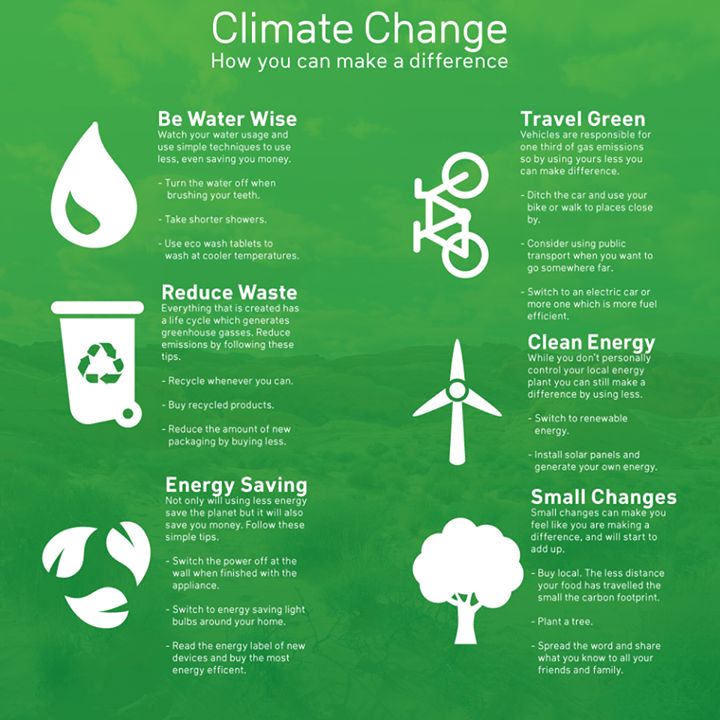
This film screening and the lack of gender or national diversity that caught my eye when I visited Space Camp inspired me to promote STEM education3. It is important that no one is afraid to try themselves in these areas because of the “wrong” skin color or gender. nine0004
I created a fundraiser that raised $20,000 to screen Hidden Figures for teenagers. My example was followed by 72 cities in 28 countries - there they arranged a free screening for young people. This proves that good intentions and hard work can lead to great results.
My main goal is to become an astronaut. When I was younger, I lay on the street and looked at the night sky. Space and stars fascinated me. I imagined that there is outside the universe. Now I think this: stop just dreaming, start acting! If you want to dedicate yourself to STEM education, the arts, or something else, don't let the opinions of others limit your ambitions. This book is filled with inspiring stories of teenagers who stop at nothing to achieve their goals or help those around them.



